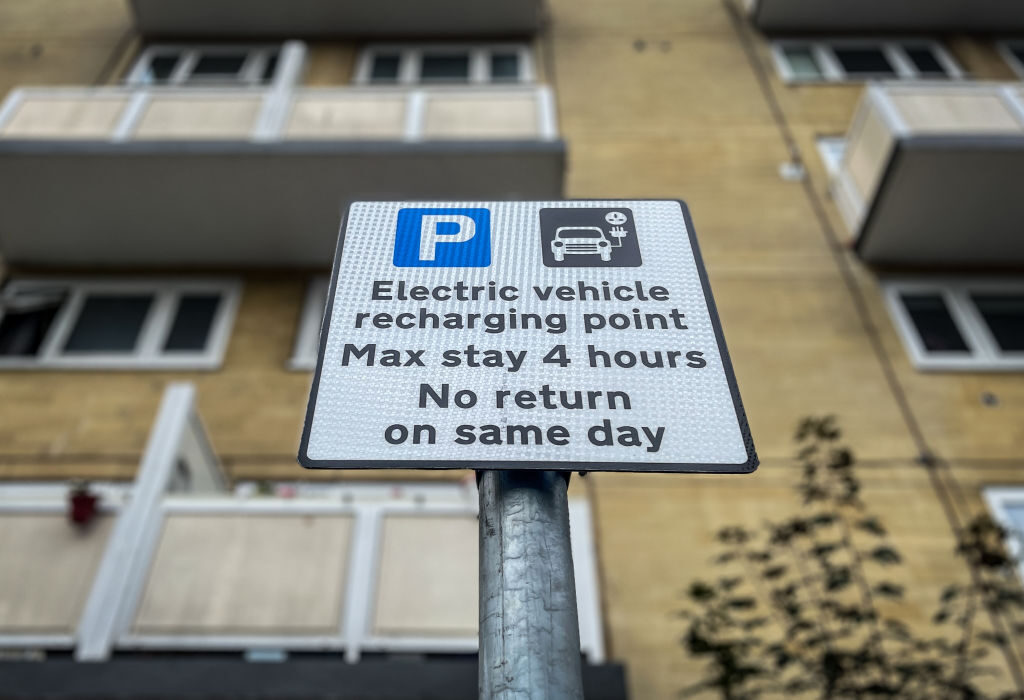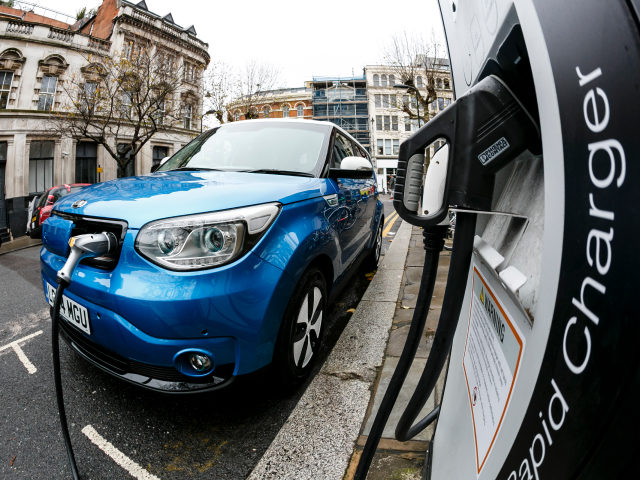The high unit cost of used electric vehicles (EVs) is holding back the electrification of the car market, new research suggests, with a lack of community charging facilities, short driving range, and disinterested customers cited by UK motor trade dealers as combining to stifle sales.
November’s Startline Used Car Tracker shows more than half (58 percent) of dealers are worried about the expense of EVs compared to petrol and diesel alternatives.
When asked what would help them adapt to electrification, 61 percent of dealers wanted generally cheaper EVs while 38 percent said longer range vehicles would be an advantage and 28 percent that a greater choice of electric models was needed.
The rising cost of living is also impacting the speed at which used EVs are selling due to them being significantly more expensive than a used petrol or diesel, according to the report.
The U.S. is experiencing similar problems in the EV market place, as Breitbart News reported.
The average sticker price for an EV in the U.S. in May was up 22 percent from a year ago, to about $54,000, according to research from data and analytics firm J.D. Power, cited by the Wall Street Journal.
The average price for an internal-combustion vehicle rose 14 percent over the same period to close on $44,400.
Finally, one-in-five dealers (20 percent) would like government electrification deadlines extended, while 13 percent would like to see training programs for sales staff and 11 percent want better availability of finance options.

An electric car charging point in a city centre car park, on September 22, 2022 in Bath, England. The UK government’s call for motorists to switch from petrol and diesel powered cars to electric (EV) driven ones is being inhibited by a charging network not yet fit to deal with the enormous demand more EVs on the road would place on it. (Matt Cardy/Getty)
Automakers have ramped prices to capitalize on new interest fueled by surging gas prices and offset the soaring cost of raw materials like nickel, cobalt and lithium for their large batteries due to supply chain issues, according to the WSJ.
Finding a place to charge an EV is also a problem for many potential buyers.
The International Council on Clean Transportation says the U.S. will need 2.4 million charging stations by 2030 alone if 36 percent of new vehicle sales are electric.
Currently there are about 45,500 charging stations nationwide with just 112,000 plugs, AP reports.
Online searches for EVs have increased 73 percent since January, the WSJ previously reported, citing data from auto shopping websites Kelley Blue Book and Autotrader, although sales are yet to match inquiries.

COMMENTS
Please let us know if you're having issues with commenting.